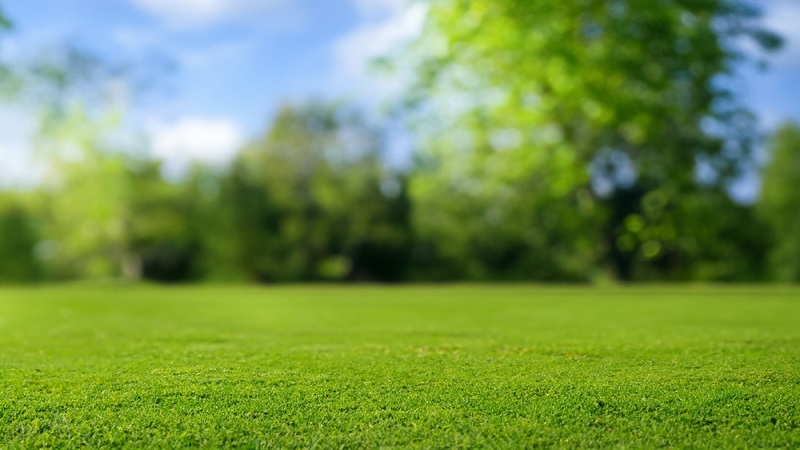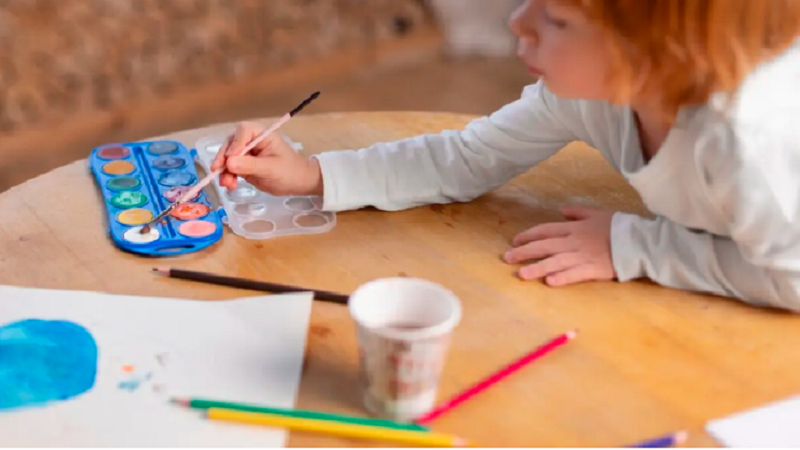The intense heat and humidity in Florida can be a blessing and a curse for gardeners. While plants love sunshine, too much of it can actually be detrimental to certain species. So, if you’re looking to create a garden that thrives all year round in the Florida heat, be sure to consider some of the following tips and tricks.
Artificial Grass

There’s no denying the fact that nothing looks better than a lusciously green natural lawn; however, this simply isn’t achievable for the vast majority of households in Florida. In order to keep a natural lawn looking fabulous in Florida, you need to use a lot of water and a lot of labor, which exhausts both your finances and your body. The best artificial grass Maidstone has to offer has left Kent properties looking absolutely stunning, and there’s no reason that it can’t have the same effect in Florida.
Native Plants
It doesn’t matter where you are in the world – plants will always fare better in their natural habitats than elsewhere. Naturally, these species are well-adapted to the local climate and soil conditions, which means they’re more resilient to heat and drought. Some of the most popular plants that are native to Florida include Firebush, Coontie, and Simpson’s Stopper.
Heat-Tolerant Vegetables
Perhaps your garden is much more than something beautiful to look at – it’s not uncommon for keen gardeners to grow their own produce. When doing this in Florida, of course, you need vegetables that are able to withstand high temperatures. Some of the most heat-tolerant vegetables include sweet potatoes, okra, and eggplant.
Early Morning Watering
It’s a good idea to water your plants when it’s cooler, as this means that less water will evaporate, and your plants will feel the benefit more. As a result, it’s a good idea to water your plants first thing in the morning. This way, they’ll be able to absorb the moisture before the heat of the day sets in.
Drip Irrigation
With drip irrigation systems, it becomes possible to deliver water directly to the plant roots. This method is efficient and reduces water waste, which works to keep your garden hydrated without overwatering it.
Mulching
In order to retain soil moisture, you should apply a thick layer of mulch around your plants. In addition to retaining soil moisture, this also works to suppress weeds and regulate soil temperature. Pine bark, straw, shredded leaves, and other organic mulches are some of the best options for this.
Shade Cloth
At the peak of summer, you can provide your sensitive plants with some temporary shade to protect them from sunburn. You can drape these shade cloths over garden beds or individual plants so that they’re not subjected to heat stress.
Windbreaks
Florida is no stranger to strong winds, and these strong winds can only make the effects of the heat worse. This is because strong winds can increase evaporation. As a result, planting windbreaks like hedges or using garden screens can shield your plants from drying out in the wind.
Regular Pruning
Last but not least, if you want to improve circulation and reduce the risk of fungal diseases, then you need to prune your plants regularly. Your plants will stay healthier and cope better with heat stress if the dead or overcrowded branches are removed regularly.
Conclusion
There’s no denying the fact that gardening in Florida’s heat can be a real challenge, but this only makes it more rewarding when you get it looking exactly as you intended. Implement the above tips, and your garden in Florida is sure to thrive.
If you need more news feel free to visit my website: Newviralblog













